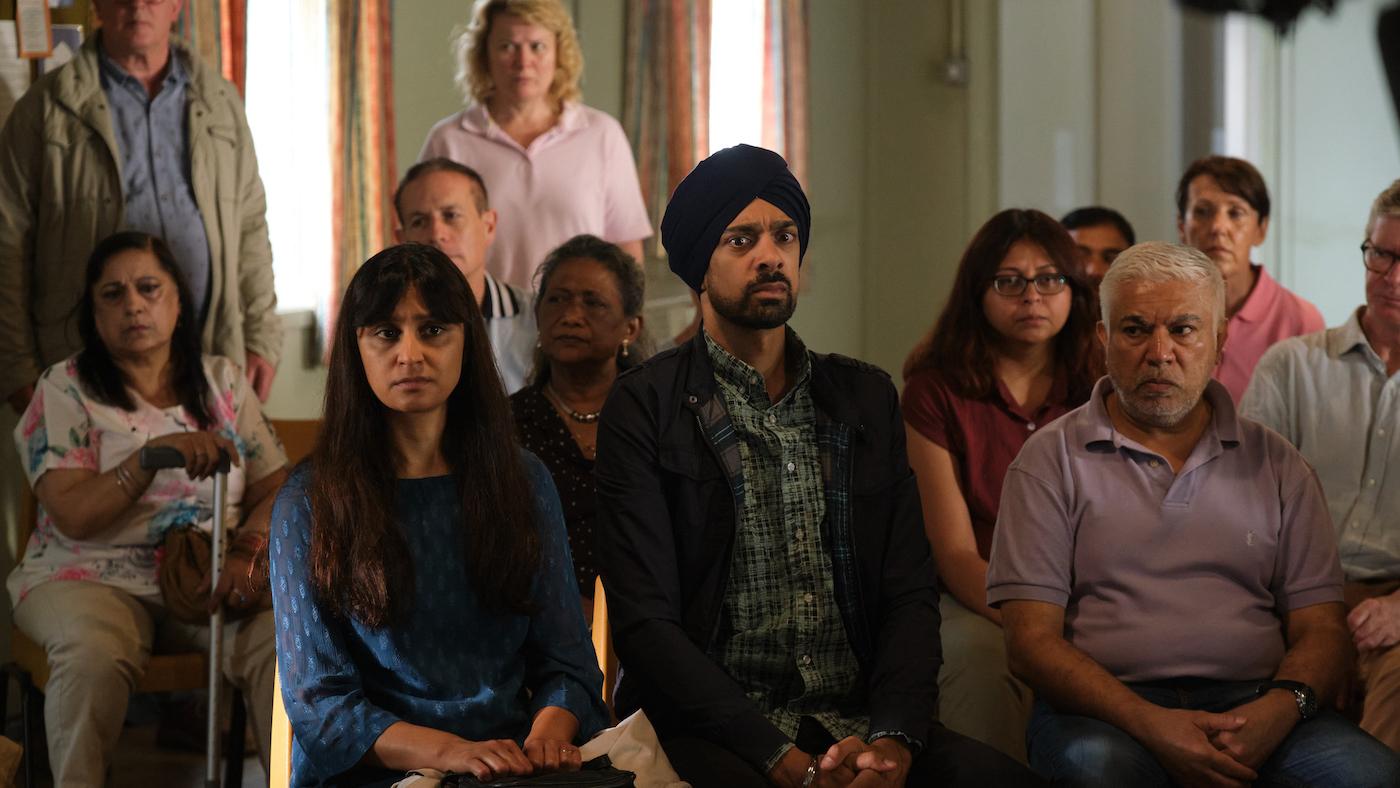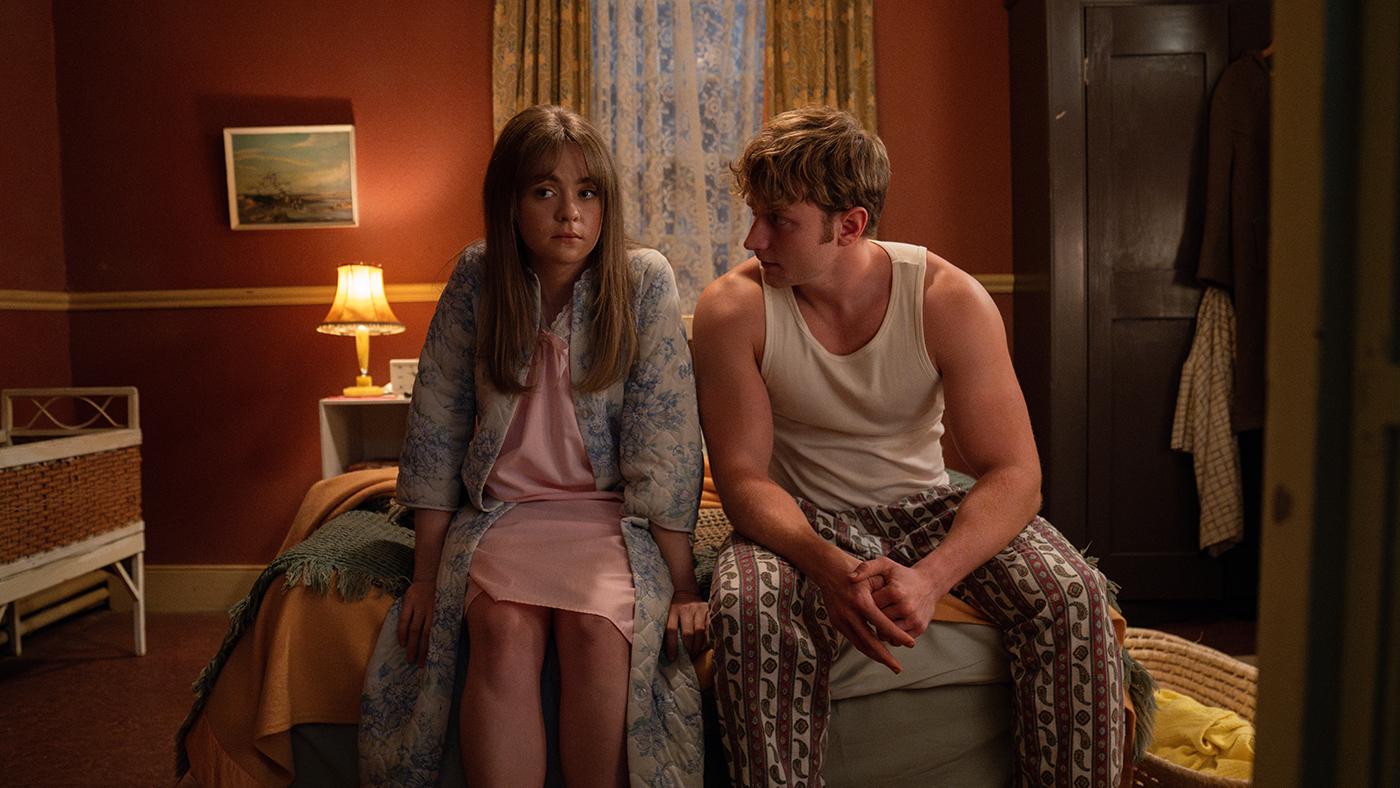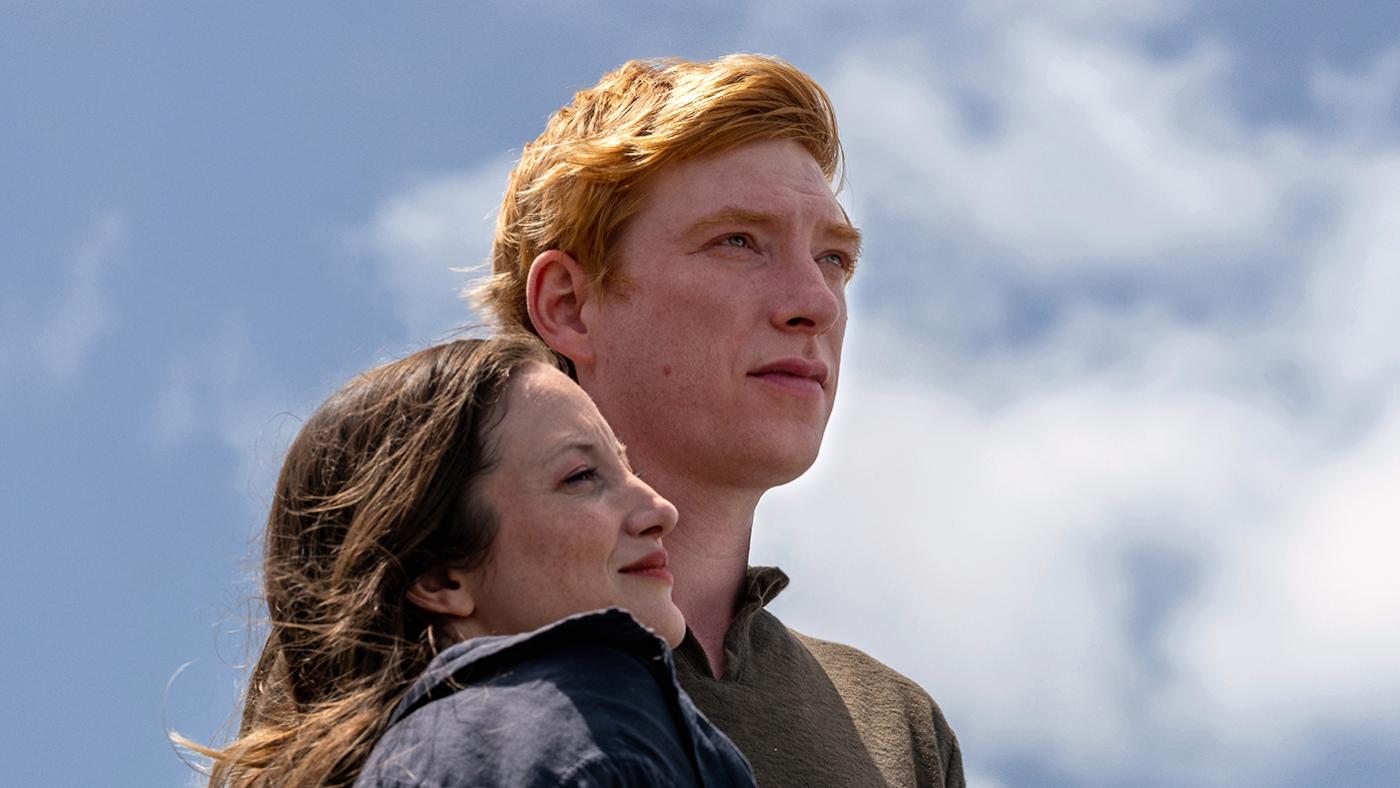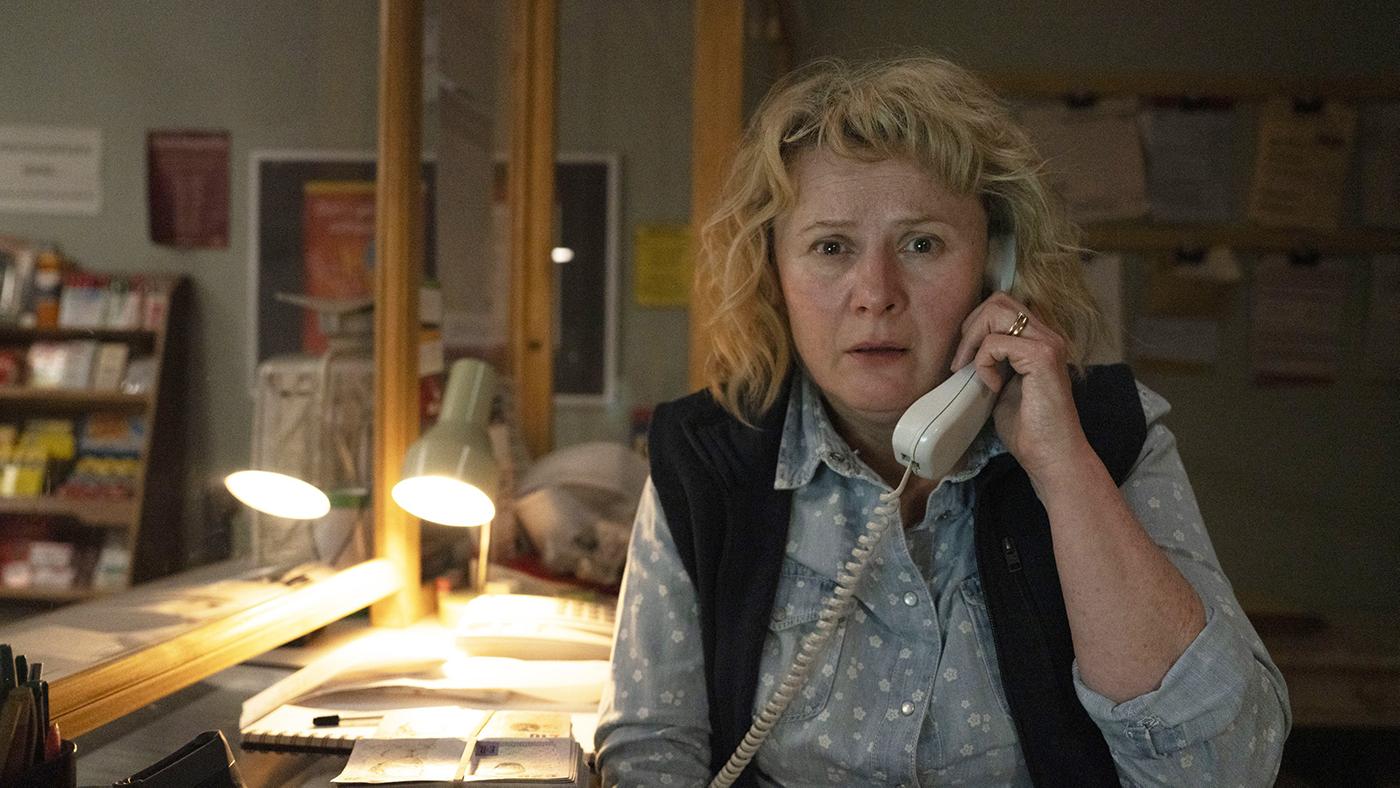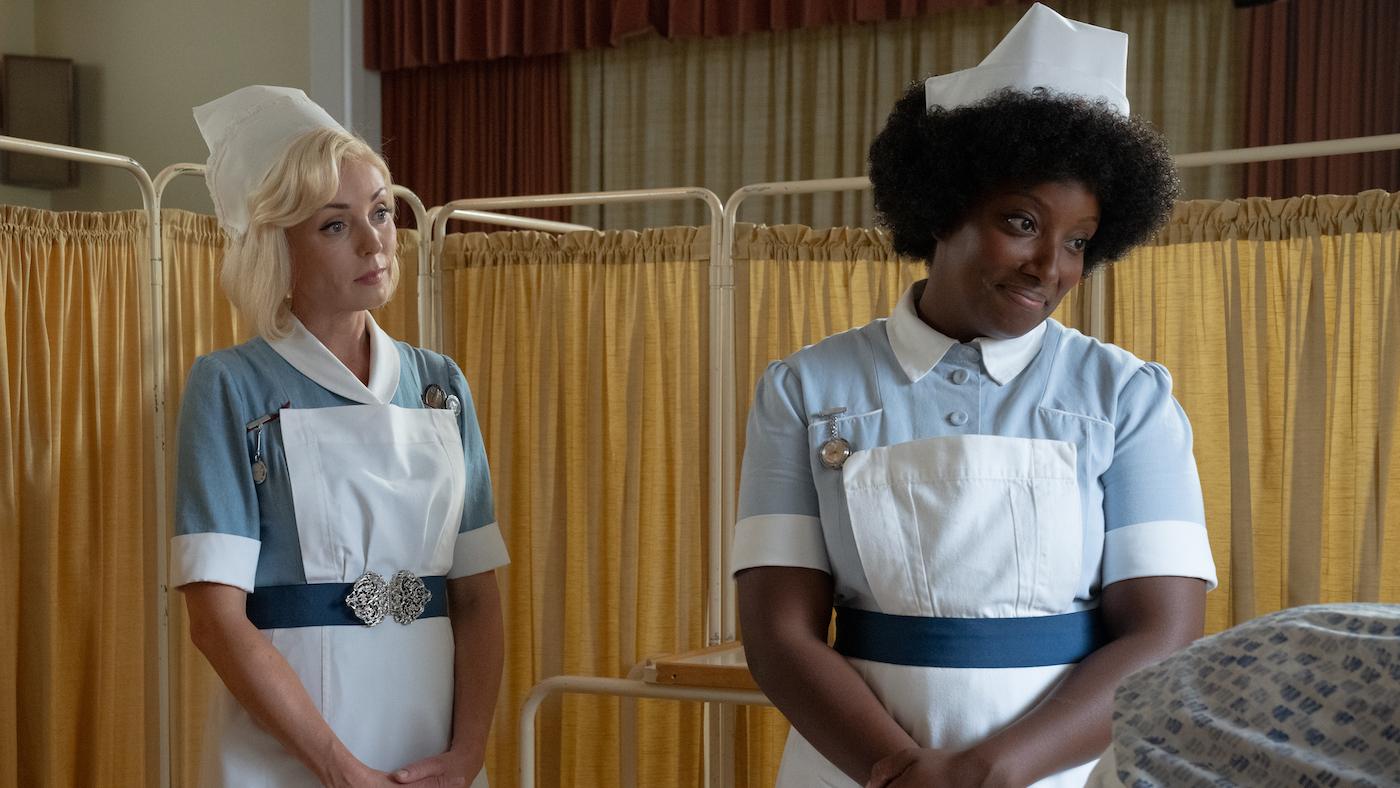'Vienna Blood' Recap: Episode 2
Daniel Hautzinger
January 26, 2020
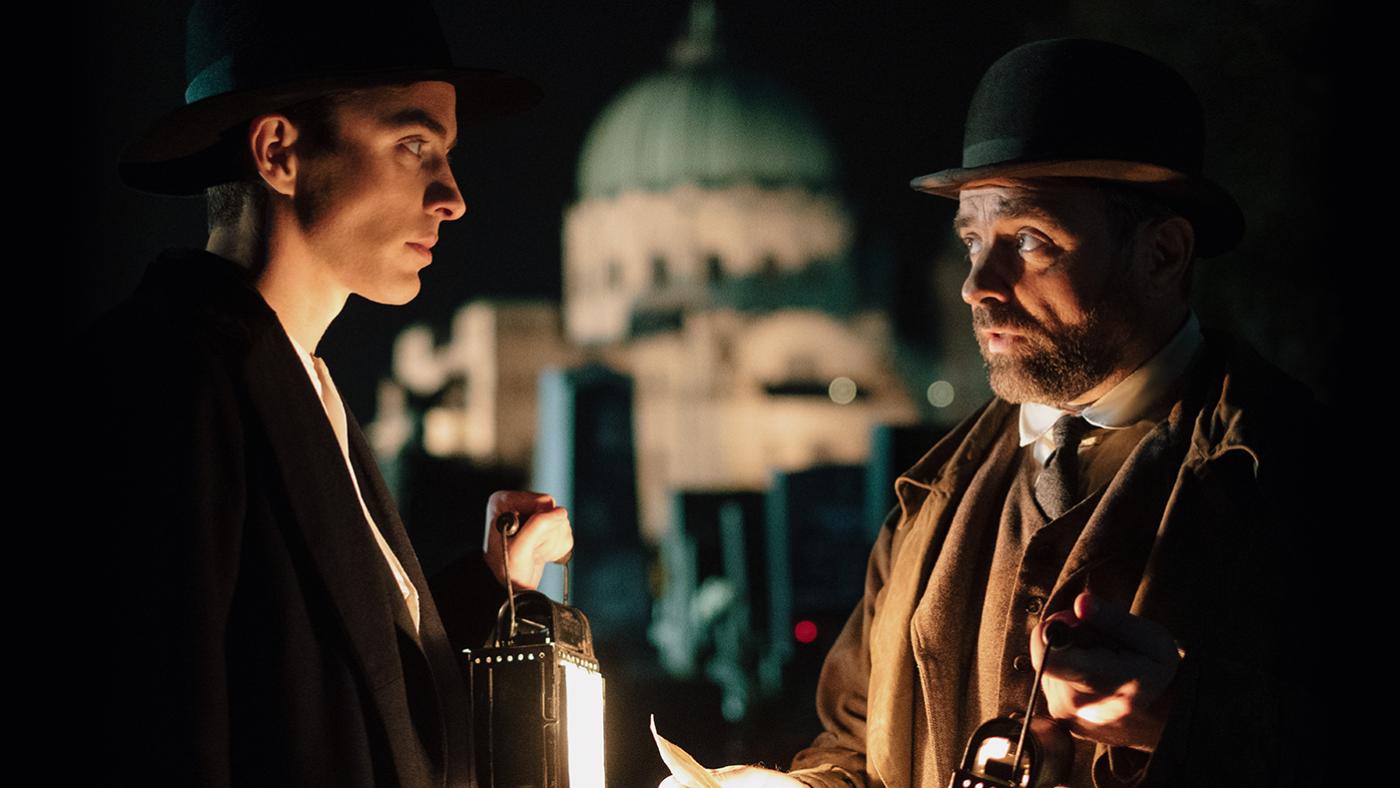
Vienna Blood airs Sundays at 9:00 pm and is available to stream at the same time. Recap the previous and following episodes.
Max and Oskar are both on thin ice with their superiors. Max’s professor, a physician at the mental hospital where he is studying, is upset that Max has taken to Freud’s ideas over his own, more old-fashioned techniques, and reprimands him for working on a police case. One more wrong step, and Max could be dismissed from the hospital.
This would be distressing to Max, because he is fascinated by a patient there: the woman who had a violent episode while looking at a Klimt painting. Her name is Amelia Lydgate, and she is a restorer at one of Vienna’s museums. She doesn’t recall the attack, and is angered by her confinement. But as soon as Max says he’ll release her, she has another attack.
Oskar, meanwhile, is still facing pressure from the police commissioner to solve the murder of the medium Charlotte Löwenstein. Oskar believes Charlotte’s co-conspirator Otto Braun still has information to share, but since he’s not the killer, the commissioner tells Oskar to release him from custody—and trail his movements. Otto goes to a cabaret and to his room backstage—and is eventually found violently murdered there.
In Otto’s room, Oskar finds a list of numerals and recognizes them as locations at the cemetery: they’re fresh graves, which Otto would visit in search of people to attend Charlotte’s séances. Oskar and Max visit the cemetery—in the dead of night, of course—to learn the identities of the séances other participants, beyond Otto, Charlotte, and Rosa Sucher.
Speaking to them all doesn’t reveal anything new, however—but it does bring Brückmüller, a wealthy industrialist and donor to Vienna’s mayor, to the police station to complain that Oskar questioned another donor to the mayor. Both Brückmüller and the police commissioner dismiss Oskar’s reliance on Max and his “psychological profile” of the killer—they just want facts.
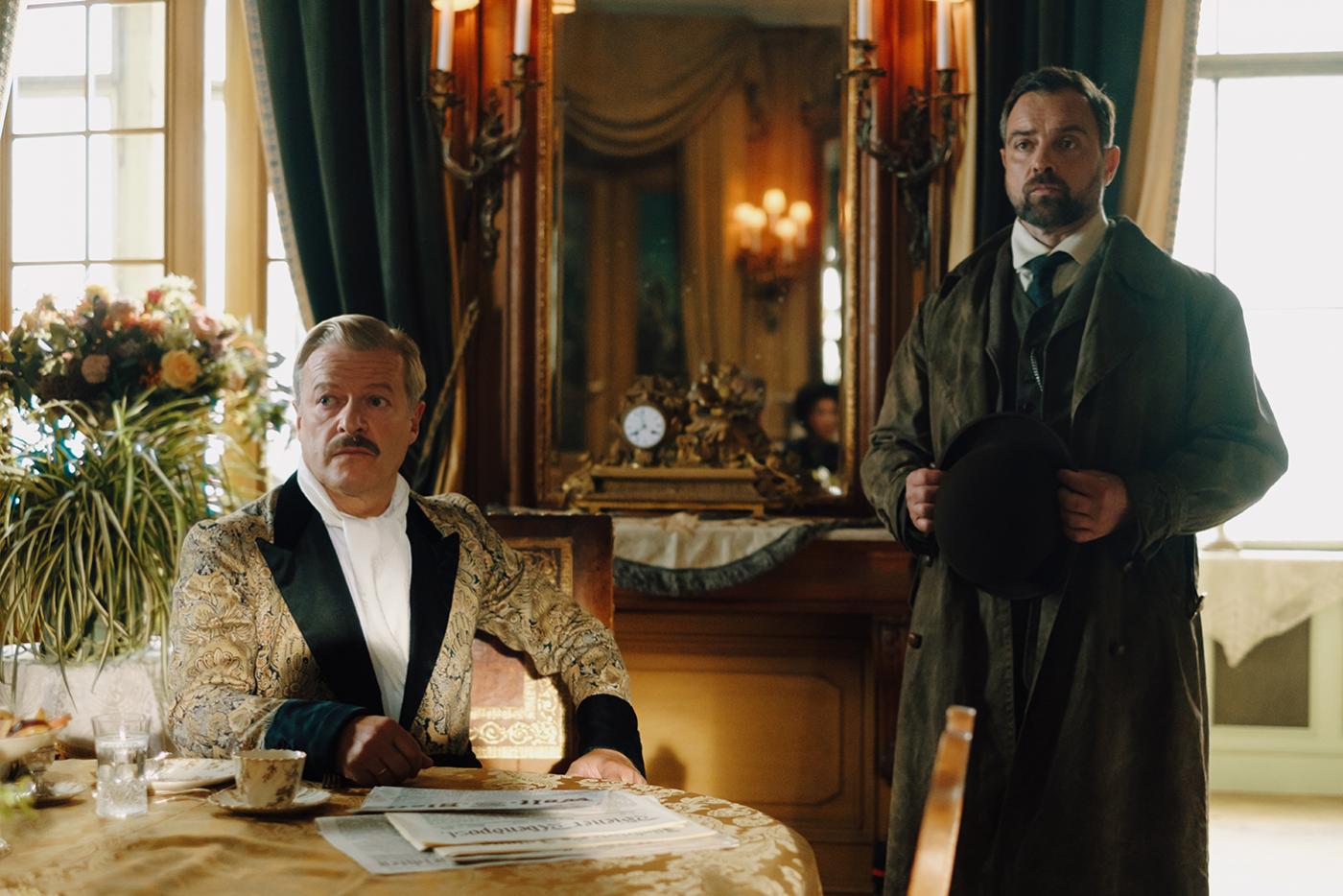 When Oskar questions a wealthy and important citizen of Vienna, he angers some people in power. Photo: Petro Domenigg/2019 Endor Productions/MR Film
When Oskar questions a wealthy and important citizen of Vienna, he angers some people in power. Photo: Petro Domenigg/2019 Endor Productions/MR Film
Oskar is ready to dismiss Max’s theories, but then Max asks how he knew the cemetery so well. Oskar reveals that his daughter died and his wife left him in the wake of the tragedy—and this gives Max an idea. He and Oskar ask one of the séance participants to organize another session, with a new medium from Paris, so that Max can observe everyone for clues.
The “new medium” is really an actress hired by Oskar, and she scares everyone away when she grabs the hand of the wife of a wealthy industrialist, who screams and falls to the floor. As everyone flees, Max and Oskar discuss Max’s observations. While the industrialist himself revealed nothing, his wife seems to believe he has a secret. Perhaps he was the one having an affair with Charlotte.
Later, Max visits the hospital and is horrified to learn that Amelia is undergoing shock therapy. Max angrily tells his professor that shock therapy is an “instrument of torture.”
Max’s obsession with Amelia could prove damaging in his personal relationships. Returning home after a concert with his parents and girlfriend Clara—where he chastised his father for mingling with the crowd of wealthy industrialists like Brückmüller, who demonstrated their anti-Semitism by pointedly not clapping for the Jewish composer and pianist Mahler—Max catches his sister going through one of his notebooks. It contains notes about Amelia that show he finds her enchanting, so his sister asks him if he really loves Clara. He needs to stop deceiving both her and himself if he doesn’t.
Yet he continues to visit Amelia. Having realized that he smelled the same cologne at both of Amelia’s attacks, he surmises that the scent is triggering some suppressed violent memory. He hypnotizes her with a pocket watch and asks her to describe the memory, in order to bring it to the surface and dispel its effects. And he’s successful: at the next lecture of his professor-antagonist, the professor pronounces Amelia entirely cured, claiming it was the electroshock therapy that brought about the result.
While at the hospital watching the staff photographing patients for identification, Max has a revelation. Charlotte’s body was arranged as though for a portrait, and her rooms were rigged with all sorts of tricks for séances. Returning to the rooms, Max finds a slit for a camera facing where her body was arranged. Charlotte must have blackmailed her lover with a secretly taken photograph. He took his vengeance with his own photograph of her in the same position after killing her.
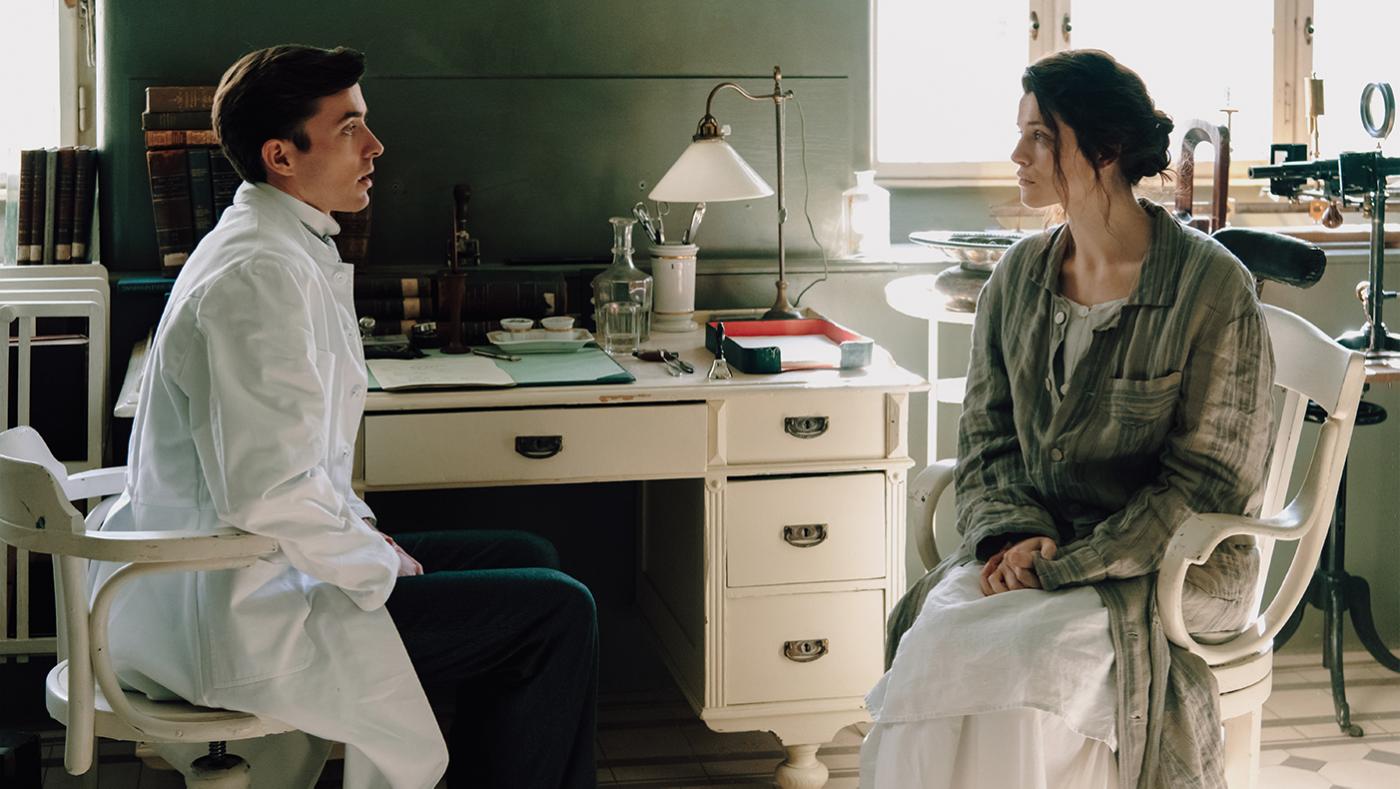 Max is fascinated by Amelia Lydgate and devotes great attention to curing her, to the chagrin of his family and Clara. Photo: Petro Domenigg/2019 Endor Productions/MR Film
Max is fascinated by Amelia Lydgate and devotes great attention to curing her, to the chagrin of his family and Clara. Photo: Petro Domenigg/2019 Endor Productions/MR Film
When Oskar tries to use this new theory to force a confession from the likely killer, the rich man at the séance whose wife is suspicious, the man laughs off the accusations, given that there’s no concrete evidence. With this failure, Oskar is finally taken off the case. But he convinces a deputy to show him a new forensics report that identified the type of gun used to kill Charlotte.
This leads him to his own revelation. With an antique gun, the powder is separate from the bullet—so the bullet doesn’t have to be metal. If it were loaded with, say flesh and bone, it would kill without leaving a trace. While Oskar expounds this theory to Max and the coroner, Max notices the coroner’s long, thin forceps, and realizes that they could have been used to lock the door to Charlotte’s room from the outside. They’re custom-made, says the coroner, from Brückmüller’s metalworking plant.
When Oskar presents this evidence to the commissioner, he asks if the commissioner was sharing updates on the case with the mayor’s office. He was, which means Brückmüller and others involved with the mayor knew that Otto had been released from custody—and that the police suspected Otto knew something. So Brückmüller could have killed Otto in order to protect himself.
Max concocts a plan to get Brückmüller to confess. He invites the industrialist to meet him at the fairgrounds and gets on the Ferris wheel with him. Max lays out the case against Brückmüller; Brückmüller confesses by way of disdaining Charlotte: she wasn’t even a good lover, he says. Not only is he a murderer, he’s also an anti-Semite and proto-authoritarian who wanted to become mayor and purge Vienna of its subversives, intellectuals, and prying journalists.
With this, Brückmüller opens the door of the Ferris wheel car and tries to throw Max out. Oskar, from the next car over, shoots Brückmüller as Max dangles from the car. Yet he’s still not out of danger: Brückmüller tries to choke him, until he loses strength and passes out. But Max has got what he wanted: a confession, and a Brückmüller still alive to be arrested.
The clarity Max found in the murder case is much lacking in his own life. While walking with Clara, she tells him that another man has proposed to her, and asks Max if he actually loves her. After some hesitation, he asks her to marry him. He goes home and burns his notes on Amelia.


